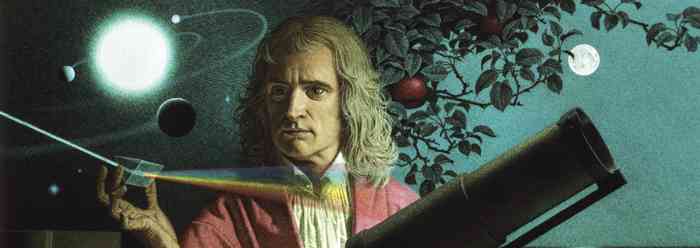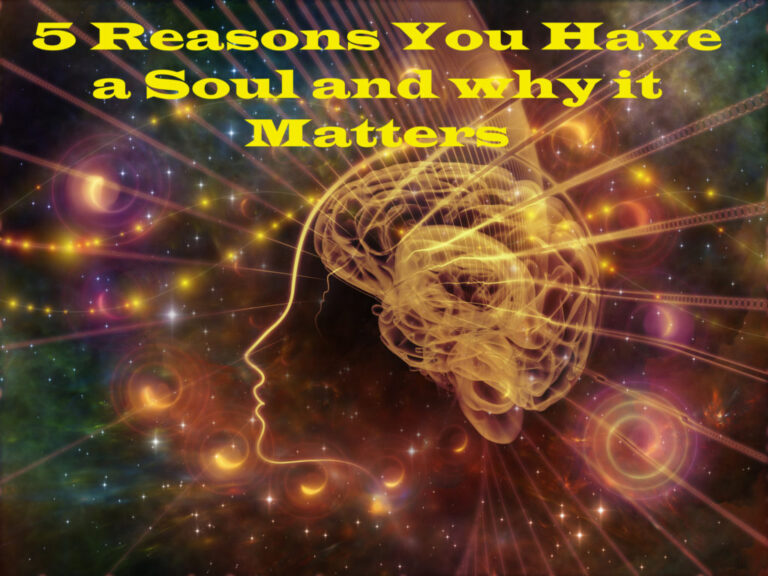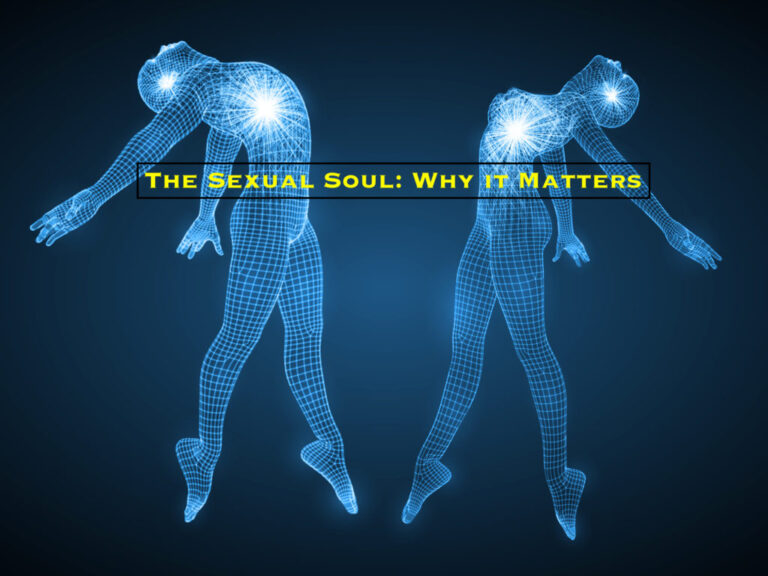I care about nothing and this post is about Nothing. Yes, you read it right, nothing. Stephen Hawking in his latest book, The Grand Design, makes the amazing claim that “because there is a law such as gravity, the universe can and will create itself from nothing.” Lawrence Kraus is an American theoretical physicist and cosmologist who is Foundation Professor of the School of Earth and Space Exploration at Arizona State University, argues the same thing in his book, A Universe From Nothing: Why There Is Something Rather Than Nothing (Free Press, 2012). According to Richard Dawkins: “The title means exactly what it says. And what is says is devastating” (Richard Dawkins, ‘Afterword’, A Universe From Nothing, p.191.)
Enjoy this short video of Hawking claiming that the universe did come from nothing.
https://www.youtube.com/watch?v=Q51OTSPQgKg
I am currenly also reading a book about Nothing. It’s called “Nothing: A very short Introduction. I can tell you one thing for sure it is NOT about nothing.
Now the question before us, is “what do Krauss and Hawkins mean by Nothing?” They do NOT mean non-being, no no-thing.
David Albert is a professor of philosophy at Columbia and the author of “Quantum Mechanics and Experience,” wrote regarding the work of Krauss:
…the fact that particles can pop in and out of existence, over time, as those fields rearrange themselves, is not a whit more mysterious than the fact that fists can pop in and out of existence, over time, as my fingers rearrange themselves. And none of these poppings — if you look at them aright — amount to anything even remotely in the neighborhood of a creation from nothing. Krauss, mind you, has heard this kind of talk before, and it makes him crazy. A century ago, it seems to him, nobody would have made so much as a peep about referring to a stretch of space without any material particles in it as “nothing.” And now that he and his colleagues think they have a way of showing how everything there is could imaginably have emerged from a stretch of space like that, the nut cases are moving the goal posts. He complains that “some philosophers and many theologians define and redefine ‘nothing’ as not being any of the versions of nothing that scientists currently describe,” and that “now, I am told by religious critics that I cannot refer to empty space as ‘nothing,’ but rather as a ‘quantum vacuum,’ to distinguish it from the philosopher’s or theologian’s idealized ‘nothing,’ ” and he does a good deal of railing about “the intellectual bankruptcy of much of theology and some of modern philosophy.” But all there is to say about this, as far as I can see, is that Krauss is dead wrong and his religious and philosophical critics are absolutely right. Who cares what we would or would not have made a peep about a hundred years ago? We were wrong a hundred years ago. We know more now. And if what we formerly took for nothing turns out, on closer examination, to have the makings of protons and neutrons and tables and chairs and planets and solar systems and galaxies and universes in it, then it wasn’t nothing, and it couldn’t have been nothing, in the first place. And the history of science — if we understand it correctly — gives us no hint of how it might be possible to imagine otherwise.
Nothing is just that, nothing.
If I say “I ate nothing for lunch,” you would be silly if you asked me “how did it taste?”
These men, with all due respect, are playing games with words.
The term nothing means nothing to the vast majority of their fans and readers. But they don’t mean nothing when they say nothing. But it sells a lot of books.
They are equivocating, which is a logical fallacy.
God created the universe ex nihilo (from nothing), the theologians tell us, but he did it, he was the acting force behind it. But can a world where there is no God, where there is nothing, even exist?
See the Sanford Encyclopedia of Philosophy on this issue from a scholastic point of view.
First we have to define nothing. Frank Close, professor of theoretical physics at the University of Oxford, and Fellow of Exeter College, Oxford, wrote that “nothing” that these cosmologists talk about it is in fact something. He says that “nothing” is
“..the quantum void, infinitely deep and filled with particles, which can take on different forms..”(Nothing: A Very Short Introduction, Frank Close, (Oxford,), 144.
He also said in his article “Much Ado About Nothing” PBS, that :
“Aristotle was right: There is no thing that is nothing.”
I admit Hawking and Krauss are brilliant and have knowledge about black holes, cosmology and particle physics that I don’t know the first thing about—but it does not take a PhD in physics to see nonsense even at the highest level of the academy.
Atheists like Dawkins ask, “Who created God?” It is so ironic to me that when a theist tells them that nothing created God, they laugh and will not accept that answer, but when scientists tell us that nothing created everything then they bow their knees in wonder and awe. Is this not ironic?
Now back to Hawking, can the universe come from nothing?
Dr. John Lennox (Professor in Mathematics at Oxford University) responds to this assertion that “the universe can and will create itself from nothing” with; “That sounds to me like something out of Alice in Wonderland … it’s not science!” “From nothing, nothing comes!” or “No-thing cannot do anything”
Logically speaking, if something created itself, it would have to exist before it did that, and that is absurd.
“Blind metaphysical necessity, which is certainly the same always and everywhere, could produce no variety of things. All that diversity of natural things which we find suited to different times and places could arise from nothing but the ideas and will of a Being, necessarily existing.”
― Isaac Newton, The Principia: Mathematical Principles of Natural Philosophy.
Most of the world’s scientists, especially from in the early 14 and 15th Century such as Bacon, Galileo, Descartes, Kepler, Newton and many others, would be shocked and astounded by what Hawking and his like are sprouting.
Dr. Lennox rightly concludes; “What this all goes to show is that nonsense remains nonsense, even when talked by world-famous scientists.”
What do you think?






Pingback: Isn’t it ironic? | A disciple's study
Pingback: Who made God? | Logically Faithful
If the universe has actually
originated from nothing due to the quantum energy fluctuation in a void, then
not only its total matter and energy, but its total space-time as well have
originated from nothing. So not only its total matter and energy, but its total
space-time also should always remain zero. Scientists have successfully shown
how the total matter and energy of our present universe always remain zero, but
they have forgotten to show how its total space-time also always remains zero.
Again the universe is expanding at an accelerating rate. So the relevant
question that requires an answer from the scientists is this: How does the
total space-time of an ever-expanding universe always remain zero?
The major shortcoming that the theory “A Universe from Nothing” does actually have has been discussed in detail in the two below-listed links:
1) https://sekharpal.wordpress.com/2015/10/23/a-fundamental-flaw-in-the-thesis-a-universe-from-nothing-part-I/
2) https://sekharpal.wordpress.com/2015/10/23/a-fundamental-flaw-in-the-thesis-a-universe-from-nothing-part-II/
Thank you, Great article, I feel the same as you.
Something cannot come from nothing, you can only say something came from nothing or everything has always been here, what else is there? But both options seem to make no sense whatsoever.
Carl Sagan said the universe is all there ever was or will be. When I was a child and someone told me about evolution I could not comprehend how we could come from carbon molecules. As a kid even trying to understand that the world is round was bizarre. And think about what our universe is expanding into, nothingness?
If you really think about it, I mean really think about where everything came from then your mind will warp and lock up. It’s like one of the Star Trek episodes where Kirk is prisoner of a robot and Kirk ask the robot a question that leads back on itself and the robot goes into a loop trying to figure it out and short circuits and Kirk escapes.
No matter how you look at it, if we are living in the Matrix, we were created by god, we are in a multi-universe, We are in a muti-dimensional universe, it does not matter, we cannot explain how any of this came to be.
Maybe it is like when we were young trying to wrap our heads around things that we could not but then once we seen it we could understand it. I just do not see any way around saying some can come from nothing.
John
It would matter if our creator made himself known would it not?
Consider even in StarTrek they cannot avoid the searching for Brave new Worlds, but what make all these worlds? That theme is ignored by the producers, but does come up from time to time. And the highest, most noble poets and philosophers of the ancient Greco-Roman world including but not limited to Homer, Hesiod, Aeschylus, Sophocles, Euripides, Plato, Aristotle, Cicero, Virgil all saw a shadow of the truth of the incarnation of the One in their works. All myths talk about him in one way or another. And I believe, following CS Lewis, that one of these myths, became real and walked among us, touched the sand we walk on, ate our food we consume, felt our tears and even tasted his own blood as we beat him.